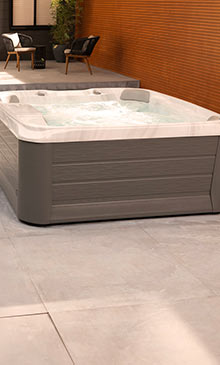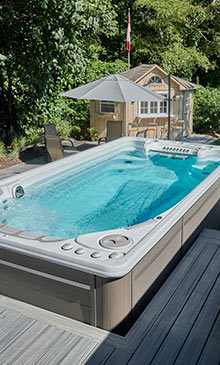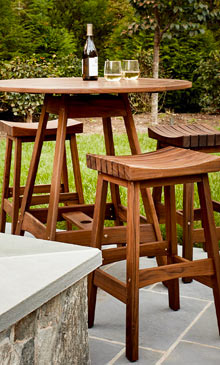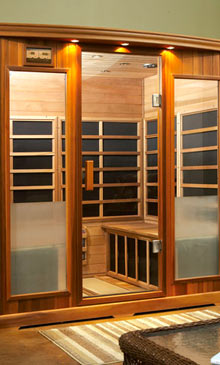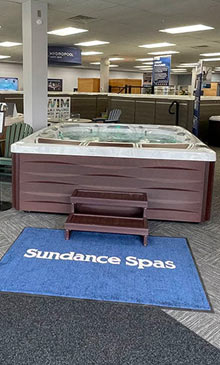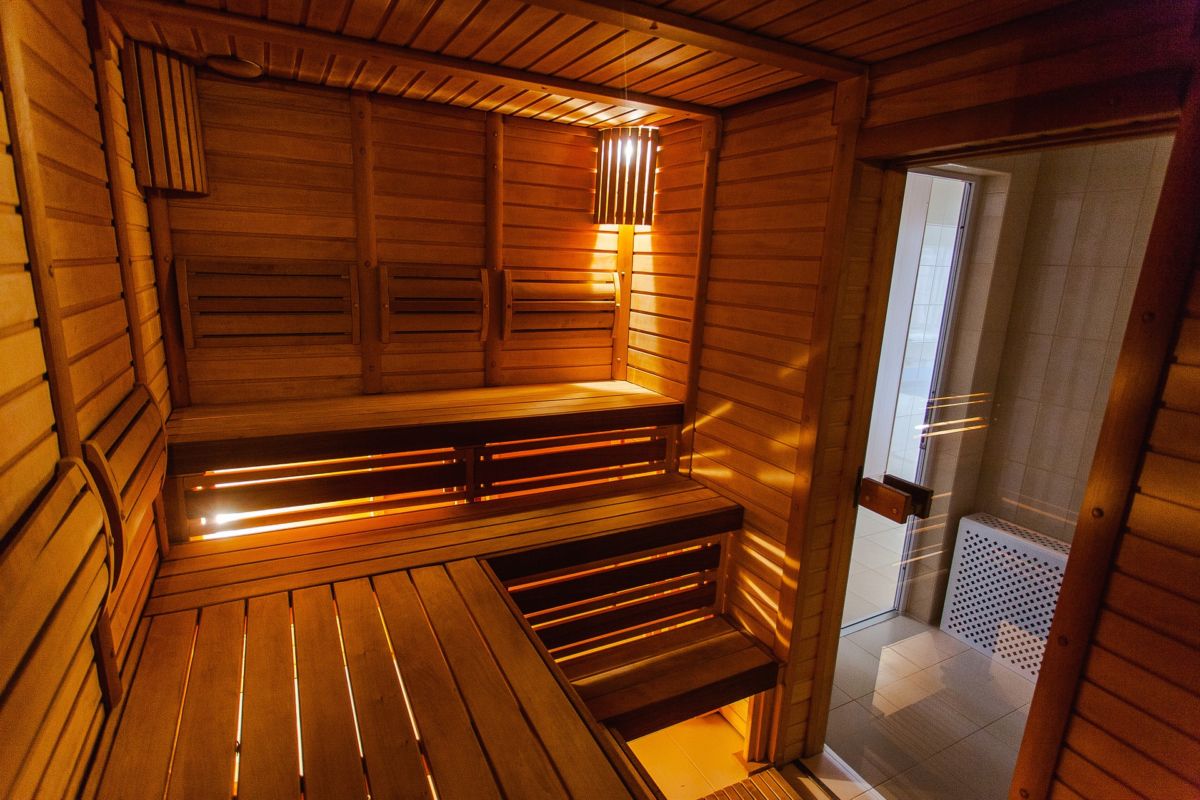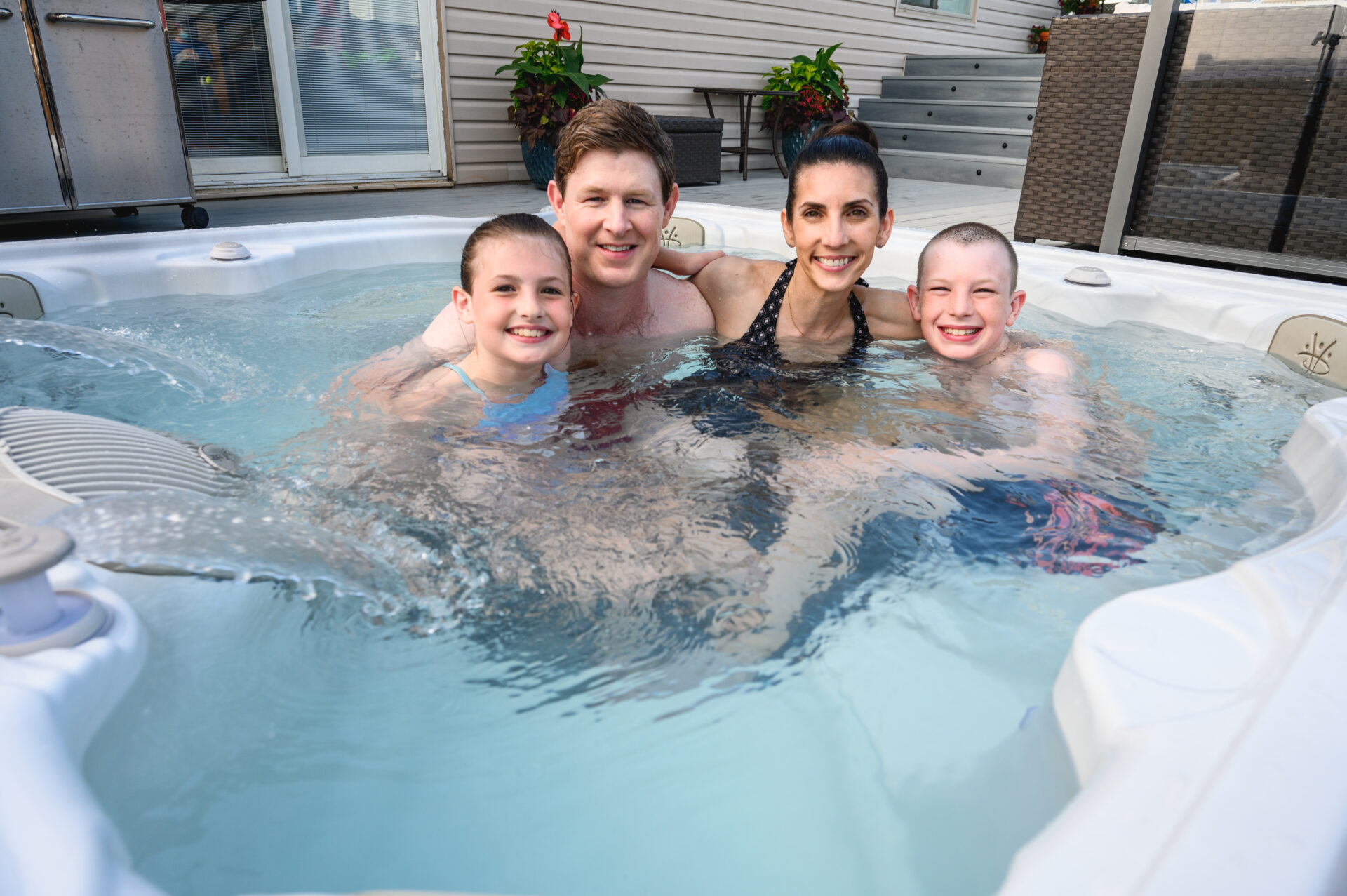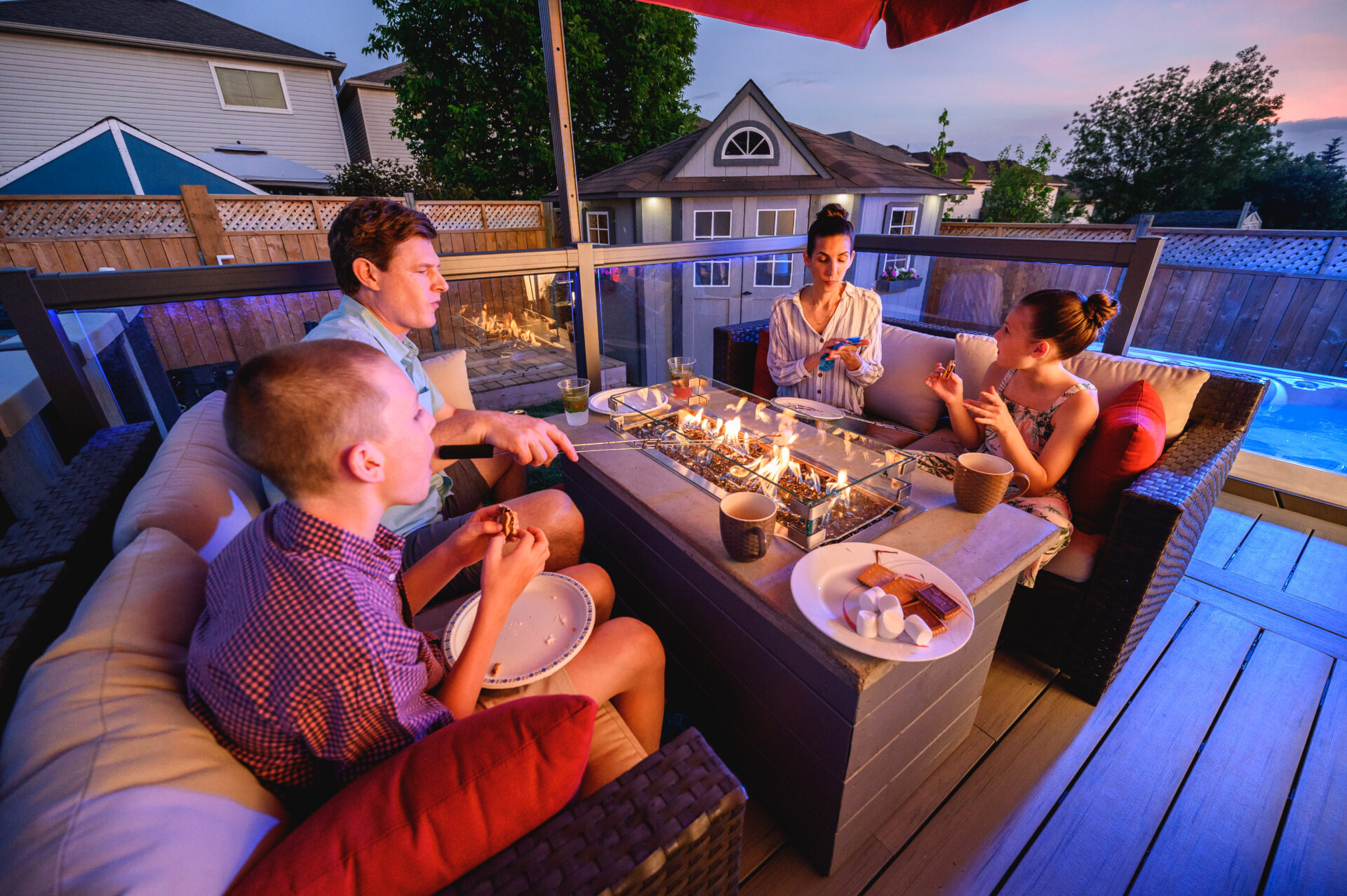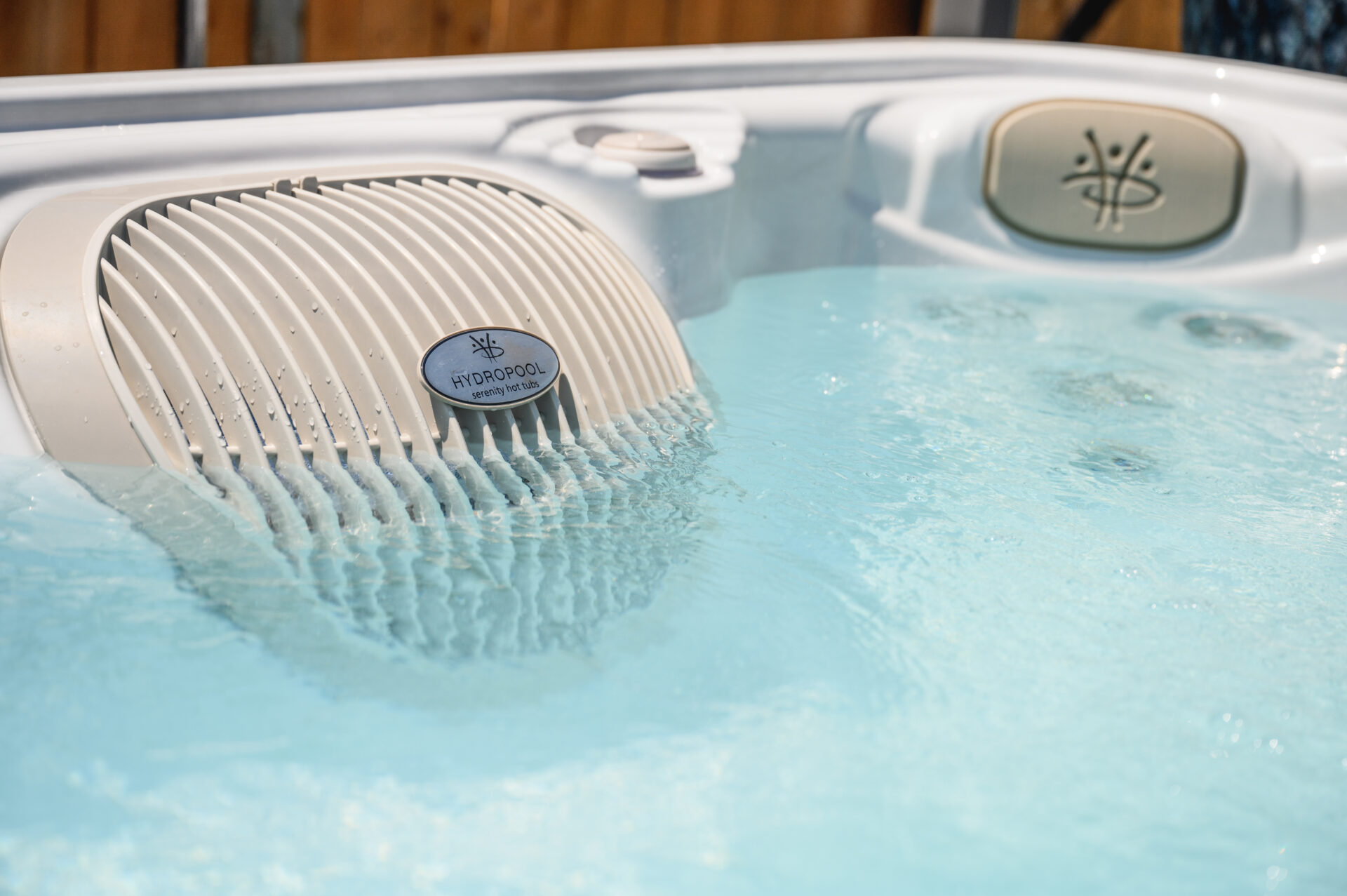The choice to invest in a sauna isn’t difficult. The list of benefits is long: saunas relax muscles, reduce muscle and joint pain, help to boost the immune system, stimulate circulation and raise the metabolism, help to detoxify and improve skin tone, and they can help reduce blood pressure, nervous tension, anxiety, and allergy symptoms. (Whew!)
These benefits aren’t insignificant. A 2015 study in Finland connected regular sauna use with as much as a 50% reduction in heart-related deaths. Also, the value of a sauna isn’t just limited to your health, either. A high-quality sauna can increase the resale price of your home, making it a wise financial investment.
Once you’ve decided to purchase a sauna, however, you’ll find yourself facing a choice that’s a bit more challenging. Do you go with a heater that’s electric, or one that’s wood burning? They’re both popular choices and the overall sauna experience is similar with either type. So, what’s the best option? Unfortunately, that’s not an easy question to answer. There are pros and cons associated with each, making your selection a matter of preference. Of course, you can’t make an informed choice without information, so let’s take a closer look at each type.
Electric Saunas
Electric heaters are convenient, clean, and quick. United States UL code has set the max temperature of an electric sauna heater at 194° F, and many models can reach that temperature in less than ten minutes. Some models allow pre-programming, so you can have your sauna ready when you want it. Because electric heaters are so quick and convenient, you may find that you take saunas more regularly. They also come with safety features that are worth considering. For example, most residential electric saunas won’t run for more than an hour without resetting.
The chief disadvantage to the electric sauna is just that – it’s electric. While there is a variety of electric heaters available, providing a range of price points that will suit any budget, it will still affect your utility bill. Additionally, those who live in the country, or at the lake, or any other rural setting might have some difficulty finding stable electric service.
Wood Burning
The wood burning stove is the oldest type of sauna heater and many prefer its authentic experience. They are typically the least expensive option and there is no denying that there is a nostalgic ambiance associated with a wood burning stove. The soul-warming scent of a wood fire only adds to the other relaxing benefits of a sauna.
Since wood burning stoves don’t run on electricity, there’s no need to have an electrician wire your sauna space for 220 volts, but there is a trade-off: you need to install a chimney or other type of vent. There are other disadvantages, as well. It’s more of a challenge to control the temperature. They take longer to heat a room from a cold start. While they are initially less expensive, in some regions wood is not cheap. If you’re in the big city, without a forest in your backyard, softwood can cost $300/cord and a cord of hardwood can run up to $600 or more.
Maintenance
Whether the heater is electric or wood burning, a little regular maintenance will help extend its life. To clean the steel or ceramic outer casing of a heater, use a soft cloth with a mild, non-abrasive cleanser. Bear in mind that most sauna rooms are made of wood. Never use ammonia or chlorine (bleach) based cleaners because they’ll ruin the color of the wood. The best choice for cleaning the wood surfaces is to use water with a bit of baking soda.
A problem in some regions is hard water: water that contains high concentrations of dissolved lime, chalk, calcium, magnesium sulfates, and other minerals. Hard water can leave a lime scale residue that will build up over time, clogging pipes and interfering with plumbing. Plus, it can leave ugly discolorations on any surface – including the wood of your sauna. If these stains do occur, they can be addressed. In other areas of the house where hard water stains are common (e.g. bathrooms, kitchens, etc.), the common remedy is to clean them with vinegar. However, vinegar is very bad for wood, so another solution is required. Sometimes a slightly stronger baking soda solution will do the job, but if that doesn’t work, there is one trick that has proven to be effective for hard water stains on wood: mayonnaise.
If you cover a hard water stain with a layer of full-fat mayonnaise and leave it covered for 8 hours, when you wipe it up the stain will be considerably less noticeable – and may be erased completely. Of course, the best defense against hard water stains is to prevent them from occurring in the first place. Regular cleaning with the water/baking soda mixture can keep the stains away.
Ultimately, the choice of the right type of sauna heater is yours. Do you want the quick convenience of an electric sauna or do you prefer the traditional experience of a wood burning stove? Either way, you’ll find that a sauna will help you escape the stress of the day – and find peace.
